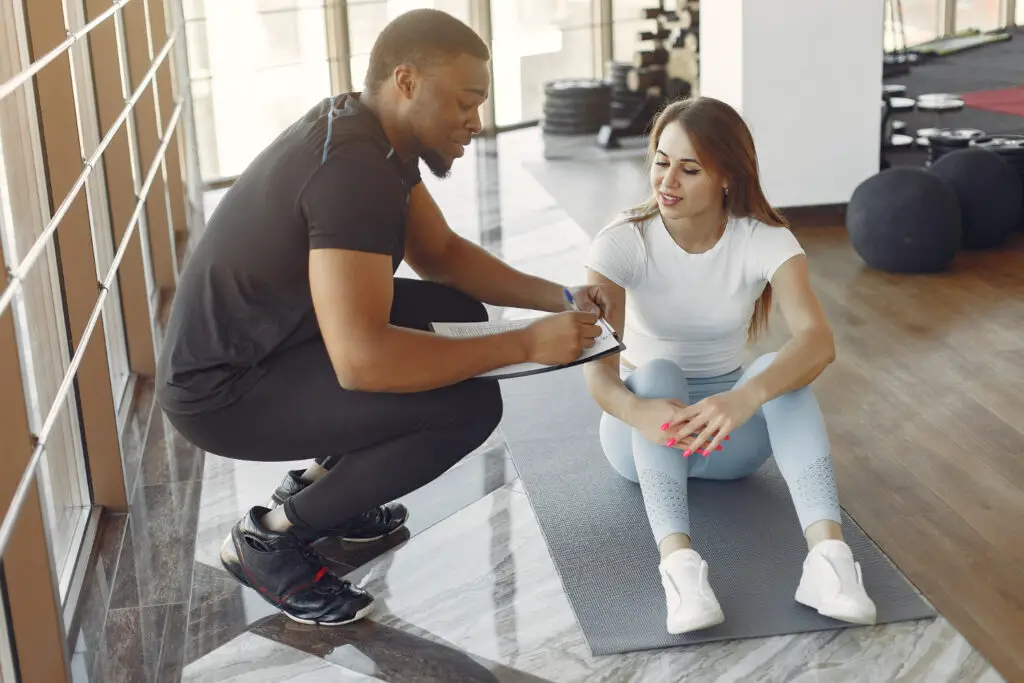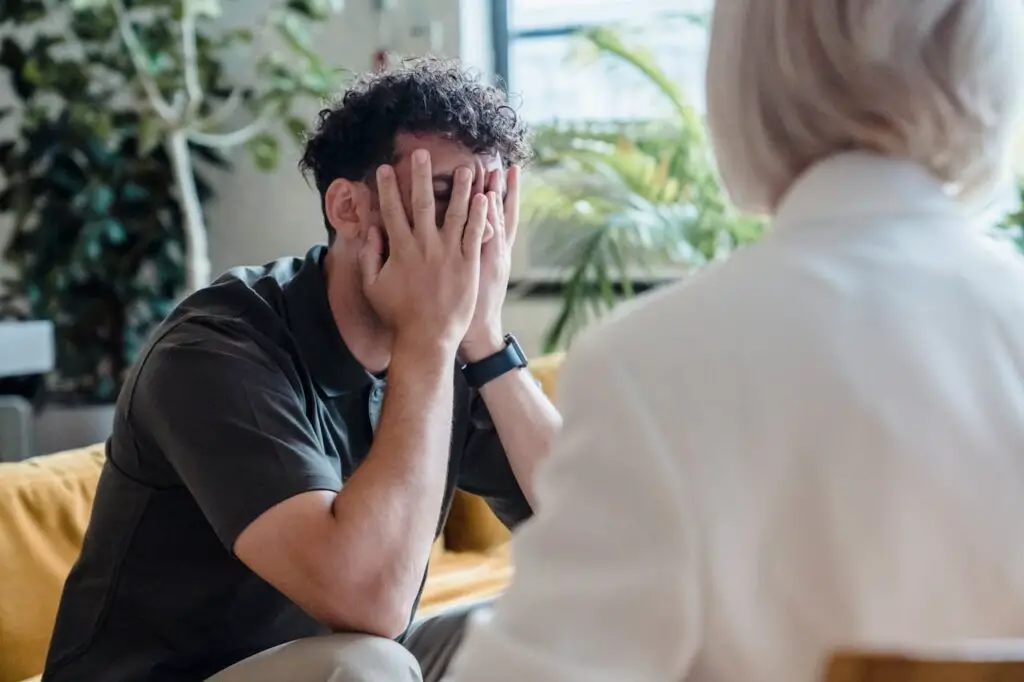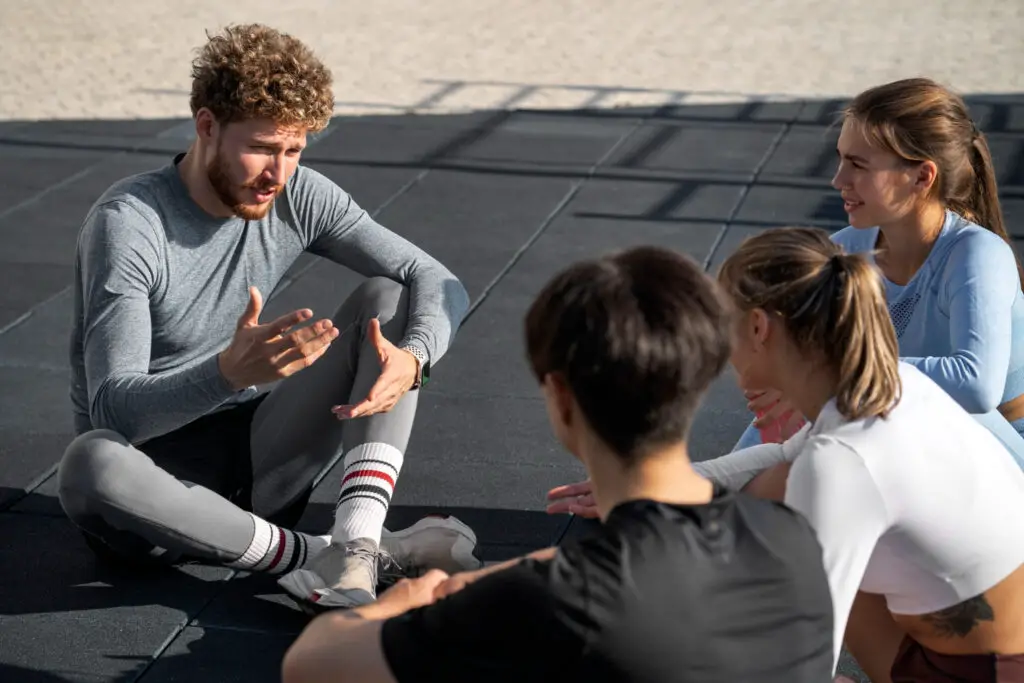Mental Health Support for Athletes: 8 Programs Making a Real Impact

Picture this: the crowd is roaring, the lights blazing, and every muscle in an athlete’s body is tuned to perfection. But while we often marvel at physical feats, there’s a quieter battle many athletes fight behind the scenes—the one happening between their ears.
Mental health struggles don’t discriminate between pros and amateurs, or between champions and rookies. From teenage swimmers to Olympic sprinters, countless athletes grapple with anxiety, depression, burnout, and the pressure to “tough it out.” Thankfully, a wave of innovative programs is turning that tide.
Across the U.S., organizations and sports leagues are stepping up with resources, training, and support to help athletes prioritize mental well-being just as seriously as physical conditioning. Whether you’re a parent of a high school athlete, a coach, or a fan who cares about what happens off the field, these eight programs are making a real—and often life-changing—difference. Let’s dive in.
1. U.S. Center for Mental Health & Sport – Athlete Mental Health Ambassadors

The U.S. Center for Mental Health & Sport (USCMHS) is empowering the next generation of mental health leaders through its Athlete Mental Health Ambassador Program. Targeting athletes aged 15-24, it trains young people to spot signs of mental health struggles, provide peer support, and advocate for change within their teams and schools.
Think of it as turning teammates into lifelines. Ambassadors learn how to start meaningful conversations, challenge stigma, and guide friends toward professional help if needed. It’s grassroots, it’s athlete-led, and it’s shifting the culture from “tough it out” to “talk it out.”
2. NCAA Mental Health First Aid Program

College sports can be exhilarating—but also exhausting. The NCAA recognized that and partnered with Mental Health First Aid USA to train coaches, athletic staff, and even fellow athletes in spotting warning signs of mental distress.
Participants learn a simple five-step action plan to help someone experiencing a mental health crisis or developing a problem. From panic attacks to suicidal thoughts, they’re prepared to respond calmly and compassionately. Even better, this program encourages proactive care, creating environments where athletes feel safe asking for help.
The NCAA’s initiative is proof that mental health support belongs as much on campus as weight rooms and practice fields.
3. NBA Mind Health

In the NBA, the pressure to perform under glaring lights can weigh heavily on even the biggest superstars. That’s why the NBA launched Mind Health, an initiative designed to prioritize emotional well-being alongside physical performance.
Through Mind Health, players, coaches, and staff gain access to licensed mental health professionals, performance psychologists, and resources tailored for the unique stressors of elite sports. From workshops on mindfulness to one-on-one therapy, the program addresses everything from anxiety to sleep issues.
One of its most powerful aspects? Public advocacy. High-profile players sharing their mental health journeys helps normalize the conversation and remind fans everywhere that strength includes vulnerability.
4. U.S. Olympic & Paralympic Committee Psychological Services

Representing your country on the world stage is the pinnacle of many athletes’ careers—but it’s also an intense mental marathon. The U.S. Olympic & Paralympic Committee (USOPC) knows this well and provides comprehensive psychological services to support athletes’ mental health before, during, and after major competitions.
USOPC’s team includes clinical and sport psychologists who specialize in managing stress, coping with pressure, and navigating the emotional roller coaster of elite sport. Athletes receive individual counseling, mental skills training, crisis support, and even resources for life after sport.
In a high-stakes environment where milliseconds matter, USOPC makes sure mental health isn’t an afterthought—it’s part of the winning strategy.
5. NFL Total Wellness & Mental Health Committee

The gridiron is brutal physically—and mentally. Recognizing the toll football takes, the NFL launched the Total Wellness initiative and established a dedicated Mental Health & Wellness Committee to support players at every stage of their careers.
Programs include confidential counseling, transition services for retired players, peer support groups, and mental health education tailored for athletes and their families. Each NFL team now has a Behavioral Health Team Clinician available to players.
The goal is to help players tackle not only their opponents but also anxiety, depression, and the stress of high-profile careers. Because toughness doesn’t mean going it alone.
6. NWSL Mental Health Leave & Team-Based Care

The National Women’s Soccer League (NWSL) is breaking new ground for mental health in professional sports. Since 2022, players have been able to take up to six months of paid mental health leave—a historic move in U.S. pro leagues.
Following their 2024 collective bargaining agreement, all NWSL teams are required to provide both a licensed mental health clinician and a certified mental performance consultant. Some clubs, like Gotham FC and Bay FC, have even brought these professionals onto staff full-time.
This integrated care model ensures mental health isn’t treated as an add-on—it’s part of the daily training environment. For athletes juggling travel, media scrutiny, and personal pressures, this support can be life-changing.
7. HISA & Jockeys’ Guild – Onrise Partnership

Horse racing demands fierce physical endurance and mental grit—and jockeys often face unique stressors like isolation, injuries, and extreme weight management. That’s why the Horseracing Integrity and Safety Authority (HISA) and Jockeys’ Guild partnered with Onrise, a platform offering confidential mental health services tailored to jockeys.
Through this initiative, riders can access free therapy sessions, peer support, and culturally sensitive care available in multiple languages. It’s a game-changer in an industry where speaking up about mental health has historically been taboo.
The Onrise partnership is helping jockeys stay balanced in the saddle and in life.
8. Athletes for Hope – “Whole Being Athlete” Program

Athletes for Hope, a nonprofit founded by sports icons like Muhammad Ali and Andre Agassi, launched the “Whole Being Athlete” program to educate, empower, and connect athletes around mental health.
This program blends storytelling with advocacy, encouraging athletes to share personal experiences and raise awareness about mental health challenges. It also offers educational resources and an Athlete Leadership Council featuring stars like Stephen Curry and Elena Delle Donne.
It’s proof that mental wellness is not just a personal journey—it’s a team sport. And when athletes speak out, they help dismantle stigma for the next generation.
Final Thoughts

Sports thrill us with last-second shots, record-breaking sprints, and heart-pounding comebacks. But behind every highlight reel is a real person with real struggles.
These eight programs prove that when the final whistle blows, mental health support can be just as vital as a good coach or solid training plan. They’re helping athletes feel seen, heard, and cared for—not just for how fast they run or how high they jump, but for who they are as human beings.
So let’s keep rooting for our athletes, on and off the field. Let’s keep talking, keep listening, and keep reminding each other that there’s strength in seeking help. Because in the biggest game of all—life—no one should ever have to play alone.
Know a young athlete or team that could benefit from these resources? Share this list and help keep the conversation going.
Leave a Reply